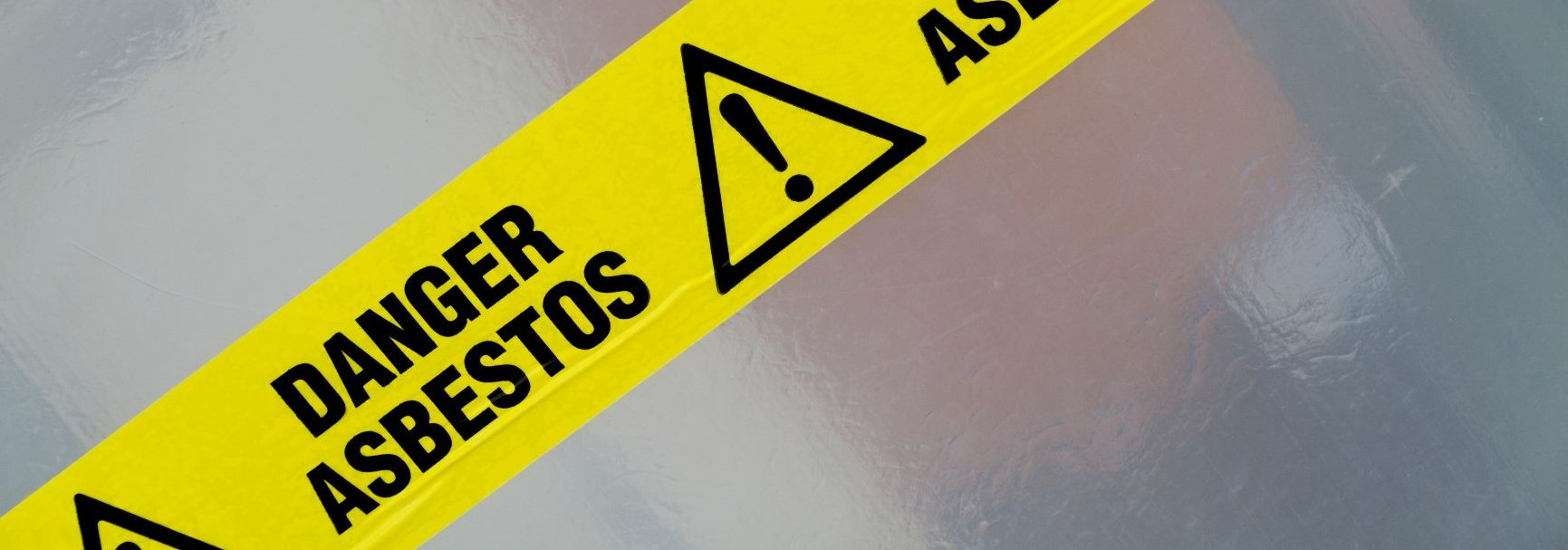Latest News
World Day for Health and Safety at Work
Posted on Friday, 26th April 2019

The International Labour Organisation (ILO) marks its World Day for Safety and Health at Work on the 28th April each year. World Day is an international campaign to promote safe and healthy work around the world.
This year is rather special as it marks the 100th year of ILO. Inspired by the centenary anniversary, this years’ World Day will reflect on 100 years of work in improving occupational safety and health in addition to looking to the future and continuing efforts through major changes such as technology, demographics, sustainable development including climate change and changes in work organization.
World Day for Health and Safety at Work
With the UK being a founding member of the ILO, Essential Site Skills are fully supportive of ILO’s promotion of the campaign and the work they do to improve safety in developing countries.
As part of ongoing celebrations, ILO has a feature on their website where they have included 33 original and exclusive think pieces from experts around the world.
Topics range from preventing chronic diseases in the workplace to gender perspectives on the impact of technological change in mining.
Here are a couple that stands out to us and are relevant for the construction industry;
Asbestos: limitless, endless contamination – with complete impunity by Annie Thebaud Mony - Honorary Research Director Inserm, IRIS, EHESS, France
Annie Thebaud Mony is a French sociologist of health, known for her research and associative work on occupational diseases. She is also a spokeswoman for Ban Asbestos France, a French association dealing with the risks of asbestos.
In her article, Annie talks about a worldwide ban on asbestos and why, although that would be a great start, it won’t solve all issues related to asbestos;
“First, the epidemic (asbestos) needs to be stopped by preventing the creation of new victims”, says Annie. “Given the large quantities of asbestos dispersed in public and private buildings, water supply systems, and many industrial and commercial facilities, banning asbestos will not solve everything. Measures must be taken to ensure that the management of asbestos in place and from waste is carried out in conditions that guarantee the protection of workers and residents, preventing any new contamination caused by dust from asbestos removal worksites or due to the incorrect storage of waste.”
A statement we wholeheartedly agree; asbestos was banned in the UK in 1999 but a problem persists with an awareness of the dangers of asbestos and safe working practices.
You can read more about the dangers of asbestos and what type of training employees should take to understand the risks here.
The Work Stress Conundrum by Maureen Dollard -Professor & Director, Asia Pacific Centre for Work Health and Safety University of South Australia and Daniel Neser - Student Activist, Student of Economics, University of Adelaide
The second piece we found thoughtfully constructed was on work stress and the impact work can have on mental health.
In their piece the pair touch on power imbalances between management and ‘workers’, and other reasons that contribute to stress in the workplace, including the insecure nature of work (something we see a lot in the construction industry);
“The increasingly insecure nature of work is damaging”, they say, citing Danish research that shows when workers perceive insecurity through exposure to organisational changes such as mergers, employee lay-offs, budget cuts and changes in management, rates of prescriptions for psychotropic drugs such as antidepressants were 1.14 times higher in the following 12 months compared to those not experiencing change.
Read the full article here.

Essential Site Skills and World Day for Health and Safety at Work
As health and safety training providers, Essential Site Skills support World Day for Safety and Health at Work and want to help promote healthy and safe work, across the board.
The UK has a good record for workplace safety and for recognising a long time ago that safety at work isn’t optional – it’s a right. Every employee has the right to carry out their jobs free from harm and with the correct training to help protect themselves.
We support the idea that safety should be promoted and respected at all levels. A culture of good occupational health and safety is one where everyone regards safety as a priority. With both employers and employees actively participating in securing a safe and healthy working environment.


